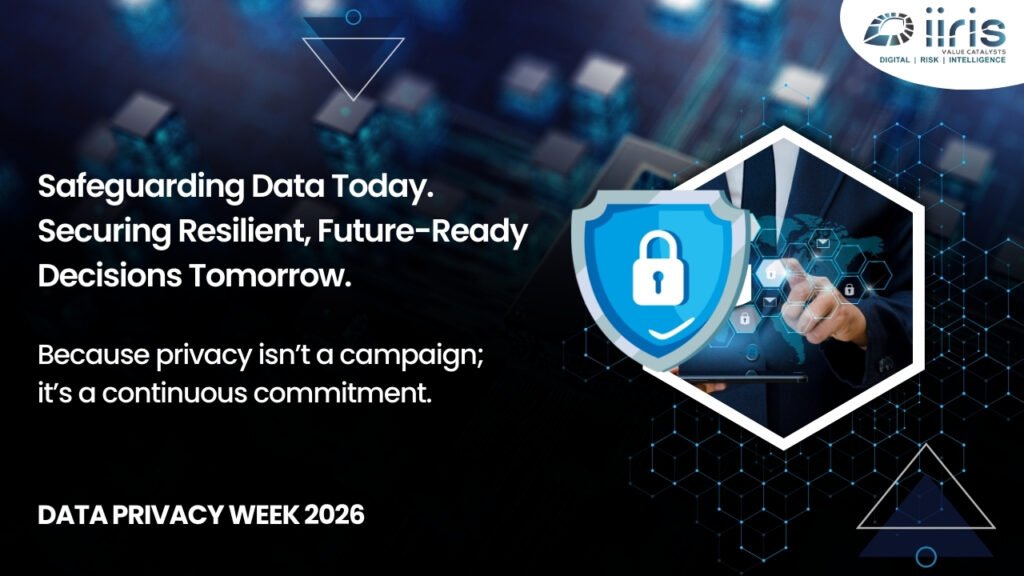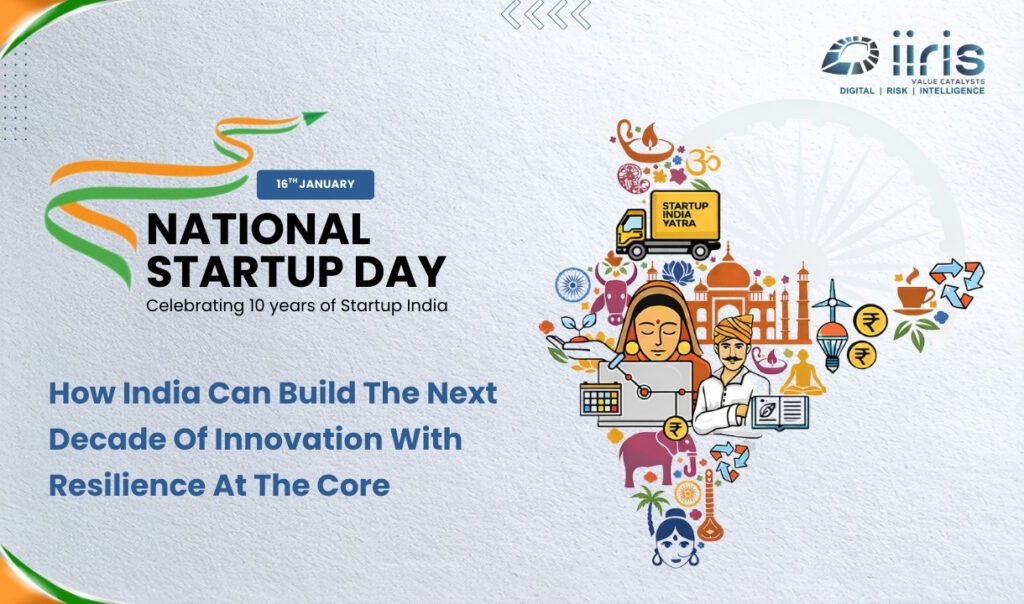The SEBI-BluSmart case exposed glaring cracks in our investing ecosystem. Robust due diligence isn’t optional anymore, it’s the cornerstone for sustainable and trustworthy growth.
What started as an ambitious funding initiative to promote sustainable electric mobility with BluSmart cabs soon unraveled into a cautionary tale of fund diversion, fake documentation, and misgovernance.
Gensol Engineering Ltd., along with its promoters Anmol Singh Jaggi and Puneet Singh Jaggi, received loans amounting to nearly ₹978 crore from public sector financial institutions like IREDA and PFC.
These funds were meant to fuel the procurement of 6,400 electric vehicles (EVs) for BluSmart, founded by Jaggi brothers. However, only about 4,700 vehicles materialized. More alarmingly, a forensic trail revealed personal luxury purchases in NCR, falsified documents, and large-scale fund misappropriation.
Where was the oversight? Where were the checks? And more importantly, where was the due diligence?
A Failure in Risk Intelligence
In an age where India is positioning itself as a global innovation and investment hub, the role of corporate accountability and financial transparency has never been more critical. This scandal did not explode overnight. It was built, brick by brick, on missed red flags that were either ignored or never noticed.
- Lack of Loan Utilization Monitoring Checks: One of the most critical lapses in the SEBI-Gensol case was the lack of loan utilization monitoring checks, a fundamental safeguard in responsible lending. Despite the scale of investment, there was no systematic effort to conduct physical verification of the electric vehicles (EVs) that the funds were intended to procure. The absence of ground-level checks created a blind spot, allowing discrepancies between reported and actual assets. Basic loan utilisation checks like quarterly audits could have exposed gaps between reported claims and actual asset deployment much earlier. A simple post-disbursement verification could have uncovered the gaps early
- Related Party Transactions Unchecked The failure to scrutinise related party transactions was another significant oversight. Both Gensol and BluSmart were controlled by the same promoters, which created an inherent conflict of interest. The lack of checks meant that transactions, which should have been carefully examined for fairness and transparency, went unchecked. The absence of scrutiny blurred financial accountability, making it difficult to assess whether the companies’ financial dealings were in line with their stated objectives or if they were being manipulated for personal gain.
- Governance Gaps: The lack of effective internal controls created an environment where fraudulent activities could thrive undetected. Weak financial oversight meant that discrepancies in documentation and fund utilisation were never flagged or questioned. An absence of an early-warning system or whistleblower mechanism exacerbated the situation. Without third-party governance, there was no reliable way to flag issues, leaving the system open to manipulation and misreporting.
- Over-reliance on Paper-Based Declarations: Financial institutions and stakeholders primarily based their assessments on the documents submitted by the companies (invoices, financial statements, and business plans) without verifying the ground realities. This lack of on-site validation allowed discrepancies to slip through unnoticed, leading to financial misreporting and undermining the overall trust in the due diligence process. Significant gaps in due diligence stemmed from an over-reliance on paper-based declarations. Rigorous asset verification and field assessments would have ensured the documents aligned with reality.
Unfortunately, such risks are not confined to the Gensol case alone. Similar issues manifest across various sectors, particularly in early-stage startups and family-run businesses, where governance frequently takes a backseat to aggressive growth ambitions.
This is where third-party due diligence becomes not just beneficial but critical.
IIRIS Due Diligence: Building a Risk-Intelligent Bharat
As India moves toward its vision of Viksit Bharat, investment in startups, innovation, and entrepreneurship is vital. However, growth without governance is a recipe for systemic failure.
How can investors contribute to India’s economic and entrepreneurial growth without compromising on safety and accountability?
Whether you’re a bank, private equity firm, venture capitalist, or even a board member of a fast-scaling company, you need a reliable, independent voice to verify, validate, and vouch for your risk exposure.
At IIRIS, we don’t work as a vendor but as a value catalyst to our clients. Our mission is to reduce uncertainty, enhance transparency, and drive informed, confident decision-making throughout the investment lifecycle.
We recognise that every investment goes far beyond financials; it’s a commitment to people, strategy, governance, and long-term value.
IIRIS enables investment confidence at every stage
Trust is a wonderful thing.
But blind trust?
Dangerous.
Third-party due diligence isn’t about distrusting your partners, it’s about validating your trust.
At IIRIS, we go beyond surface-level checks. We bring clarity to complexity, ensuring that your investments are backed by facts, not just pitch decks.
- Pre-Investment Due Diligence
Before any capital is deployed, IIRIS conducts a comprehensive evaluation of the financial and operational status quo to ensure that the business fundamentals are sound and sustainable. Our in-depth background verification helps assess track record, reputational standing, and any past legal or regulatory concerns.
With legal and compliance risk review, we help identify any red flags related to statutory non-compliance, regulatory breaches, or contractual vulnerabilities that could jeopardize the investment.
- Active Monitoring & Mid-Term Audits
Our role doesn’t end once the funds are disbursed. Through post-disbursement asset verification, our team physically validates if the capital has been utilised for its intended purposes. We deploy forensic review techniques to trace fund flows and identify potential diversion or misuse of funds. Additionally, we assess the nature and frequency of related party transactions, ensuring that financial dealings remain transparent and at arm’s length, with no conflict of interest undermining the investment.
- Exit Readiness Audits
When it comes time to exit an investment, we help ensure the investor receives their fair and rightful share of revenues and profits. Our team investigates any last-minute manipulations, asset transfers, or accounting irregularities that may be used to distort valuation or hide liabilities. Our comprehensive third-party audit of the company’s books, legal contracts, and obligations provides a clean, factual picture of the entity’s financial health and compliance before exit.
- Governance & Compliance Checks
Strong governance is the backbone of any credible business. IIRIS evaluates the presence and effectiveness of whistleblower policies, board independence, and internal audit mechanisms to ensure ethical conduct and accountability. We also assess ESG (Environmental, Social, and Governance) compliance and alignment with local and global regulatory standards, providing stakeholders with the confidence that the company is operating responsibly and sustainably.
Trust, But Verify
The SEBI-Gensol case should be a turning point.
Not just for regulators and investors but for every stakeholder in India’s financial and entrepreneurial ecosystem.
As we push toward a Viksit Bharat, we must build it on the twin pillars of innovation and integrity.
At IIRIS, we don’t just do due diligence, we empower our clients with Risk Intelligence. In the long run, it’s not just about growing faster. It’s about growing smarter.
IIRIS is ready to be your trusted due diligence partner across the investment journey. Talk to us about building a risk-intelligent future for your organization.




